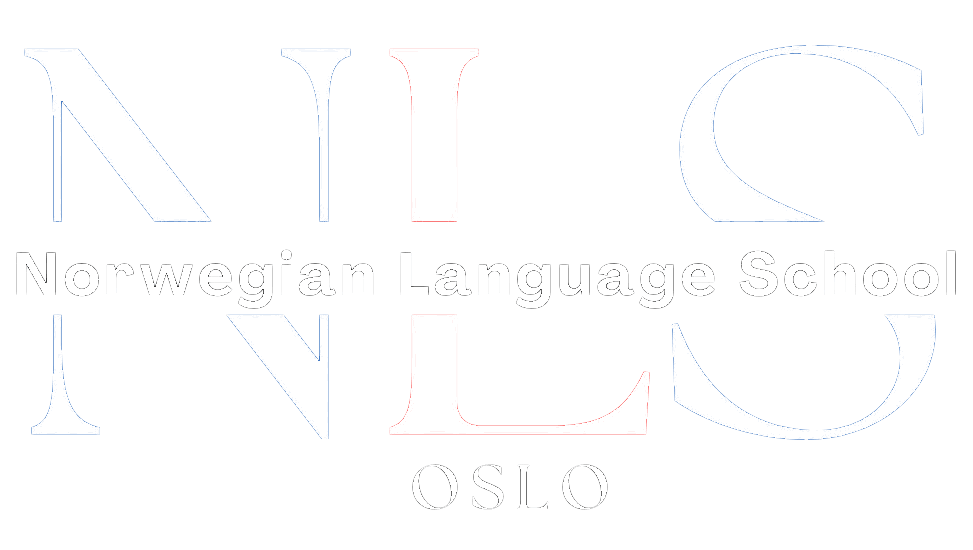

Celebrating Holidays in Spain: Festive Vocabulary
Festive vocabulary plays a significant role in Spanish culture, as it allows people to express their joy and excitement during various celebrations and festivals. Whether it’s Christmas, New Year’s Eve, Easter, or other cultural events, festive vocabulary adds a special touch to the language and helps create a vibrant atmosphere. Festive vocabulary differs from everyday vocabulary in that it includes specific words and phrases that are only used during these special occasions. It adds depth and richness to the language, allowing people to connect with their cultural heritage and express themselves in a unique way.
Table of Contents
ToggleSpanish Course: Learning Festive Vocabulary
For language learners who want to immerse themselves in Spanish culture and expand their vocabulary, a Spanish course focused on festive vocabulary is an excellent choice. This specialized course aims to teach students the words and phrases commonly used during festive occasions in Spain. The course structure typically includes lessons on different celebrations, such as Christmas, New Year’s Eve, Easter, and various festivals like La Tomatina and San Fermin. Students will learn the key vocabulary related to each celebration, as well as how to use it in context.
By learning festive vocabulary, language learners gain several benefits. Firstly, it allows them to better understand and appreciate Spanish culture. Festivals and celebrations are an integral part of any culture, and by learning the associated vocabulary, learners can gain insights into the traditions, customs, and values of the Spanish people. Secondly, learning festive vocabulary enhances language fluency and proficiency. By expanding their vocabulary beyond everyday words and phrases, learners can express themselves more effectively and accurately in different contexts. Lastly, learning festive vocabulary adds an element of fun and excitement to the language learning process. It allows learners to engage with the language in a lively and dynamic way, making the learning experience more enjoyable.
Christmas Celebrations in Spain
Christmas is one of the most important celebrations in Spain, and it is marked by various traditions and customs. Festive vocabulary related to Christmas includes words and phrases such as “Nochebuena” (Christmas Eve), “pavo” (turkey), “regalos” (gifts), and “villancicos” (Christmas carols). These words are used to describe the different aspects of Christmas celebrations in Spain. For example, one might say, “En Nochebuena, nos reunimos en familia y comemos pavo” (On Christmas Eve, we gather with family and eat turkey).
New Year’s Eve Traditions in Spain
New Year’s Eve is another festive occasion celebrated with great enthusiasm in Spain. Key festive vocabulary related to New Year’s Eve includes words and phrases such as “Nochevieja” (New Year’s Eve), “campanadas” (chimes), “uvas” (grapes), and “deseos” (wishes). These words are used to describe the various traditions associated with New Year’s Eve in Spain. For example, one might say, “En Nochevieja, comemos las uvas al son de las campanadas para tener buenos deseos para el año nuevo” (On New Year’s Eve, we eat grapes to the sound of the chimes to make good wishes for the new year).
Easter Celebrations in Spain
Easter is a significant religious holiday in Spain, and it is celebrated with various traditions and customs. Festive vocabulary related to Easter includes words and phrases such as “Semana Santa” (Holy Week), “procesiones” (processions), “nazarenos” (penitents), and “pascua” (Easter). These words are used to describe the different aspects of Easter celebrations in Spain. For example, one might say, “Durante la Semana Santa, las calles se llenan de procesiones y nazarenos” (During Holy Week, the streets are filled with processions and penitents).
La Tomatina Festival in Buñol
La Tomatina is a unique festival held in the town of Buñol, Spain, where participants engage in a massive tomato fight. Festive vocabulary related to La Tomatina includes words and phrases such as “tomate” (tomato), “guerra” (war), “diversión” (fun), and “multitud” (crowd). These words are used to describe the different aspects of the festival. For example, one might say, “En La Tomatina, la gente se divierte lanzándose tomates en una guerra pacífica” (In La Tomatina, people have fun throwing tomatoes at each other in a peaceful war).
San Fermin Festival in Pamplona
The San Fermin Festival is a famous event held in Pamplona, Spain, known for its running of the bulls. Festive vocabulary related to the San Fermin Festival includes words and phrases such as “toro” (bull), “encierro” (bull run), “fiesta” (party), and “valentía” (bravery). These words are used to describe the different aspects of the festival. For example, one might say, “Durante el encierro de San Fermin, los corredores demuestran su valentía al correr delante de los toros” (During the San Fermin bull run, the runners show their bravery by running in front of the bulls).
Spanish National Day Celebrations
Spanish National Day is celebrated on October 12th each year to commemorate Christopher Columbus’s arrival in the Americas. Festive vocabulary related to Spanish National Day includes words and phrases such as “fiesta nacional” (national holiday), “desfile” (parade), “bandera” (flag), and “patriotismo” (patriotism). These words are used to describe the different aspects of the celebrations. For example, one might say, “En el desfile del Día de la Fiesta Nacional, se exhibe la bandera y se celebra el patriotismo” (In the Spanish National Day parade, the flag is displayed, and patriotism is celebrated).
Dia de los Muertos in Spain
Dia de los Muertos, or Day of the Dead, is a holiday celebrated in Spain to honor and remember deceased loved ones. Festive vocabulary related to Dia de los Muertos includes words and phrases such as “calavera” (skull), “ofrenda” (offering), “cementerio” (cemetery), and “recuerdo” (memory). These words are used to describe the different aspects of the holiday. For example, one might say, “Durante el Dia de los Muertos, se hacen ofrendas en el cementerio para recordar a los seres queridos fallecidos” (During Day of the Dead, offerings are made at the cemetery to remember deceased loved ones).
Spanish Course: Practical Applications of Festive Vocabulary
Learning festive vocabulary is not only useful during specific celebrations and festivals but also in everyday conversations. By incorporating festive vocabulary into daily life, language learners can add color and depth to their interactions. For example, instead of simply saying “Feliz Navidad” (Merry Christmas), one can say “Que tengas una Navidad llena de alegría y amor” (May you have a Christmas filled with joy and love). Similarly, instead of saying “Feliz Año Nuevo” (Happy New Year), one can say “Que todos tus deseos se hagan realidad en el nuevo año” (May all your wishes come true in the new year).
In conclusion, festive vocabulary plays a crucial role in Spanish culture and allows people to express their joy and excitement during various celebrations and festivals. By learning festive vocabulary through specialized Spanish courses, language learners can gain insights into Spanish culture, enhance their language fluency, and make the learning process more enjoyable. Festive vocabulary is not limited to specific occasions but can also be incorporated into everyday conversations, adding depth and richness to the language. So, whether it’s Christmas, New Year’s Eve, Easter, or other cultural events, learning festive vocabulary is a valuable endeavor for anyone interested in Spanish language and culture.
FAQs
What are some popular holidays celebrated in Spain?
Spain celebrates a variety of holidays throughout the year, including Christmas, New Year’s Day, Epiphany, Carnival, Holy Week, Labor Day, Assumption Day, National Day, All Saints’ Day, and Constitution Day.
What is the significance of Christmas in Spain?
Christmas is a major holiday in Spain, celebrated with family gatherings, feasts, and gift-giving. The holiday season begins on December 8th with the Feast of the Immaculate Conception and ends on January 6th with Epiphany, also known as Three Kings’ Day.
What is Carnival in Spain?
Carnival is a festive season that takes place in the weeks leading up to Lent. It is celebrated in many parts of Spain, with parades, costumes, music, and dancing. The most famous Carnival celebration in Spain is in the city of Cadiz.
What is Holy Week in Spain?
Holy Week, also known as Semana Santa, is a religious holiday that commemorates the passion, death, and resurrection of Jesus Christ. It is celebrated throughout Spain with processions, music, and traditional foods.
What is National Day in Spain?
National Day, also known as Hispanic Day, is a public holiday in Spain that celebrates the country’s history and culture. It is held on October 12th and includes military parades, cultural events, and fireworks.
What are some traditional foods eaten during Spanish holidays?
Traditional foods eaten during Spanish holidays include roast lamb or pork, seafood, paella, turron (a type of nougat), and churros (a fried dough pastry). Wine and cava (Spanish sparkling wine) are also popular during holiday celebrations.
If you want to learn Spanish, you can register for classes here. We look forward to hearing from you and helping you become fluent in Spanish!
If you want to learn Norwegian, you can register for classes here. We look forward to hearing from you and helping you become fluent in Norwegian.






